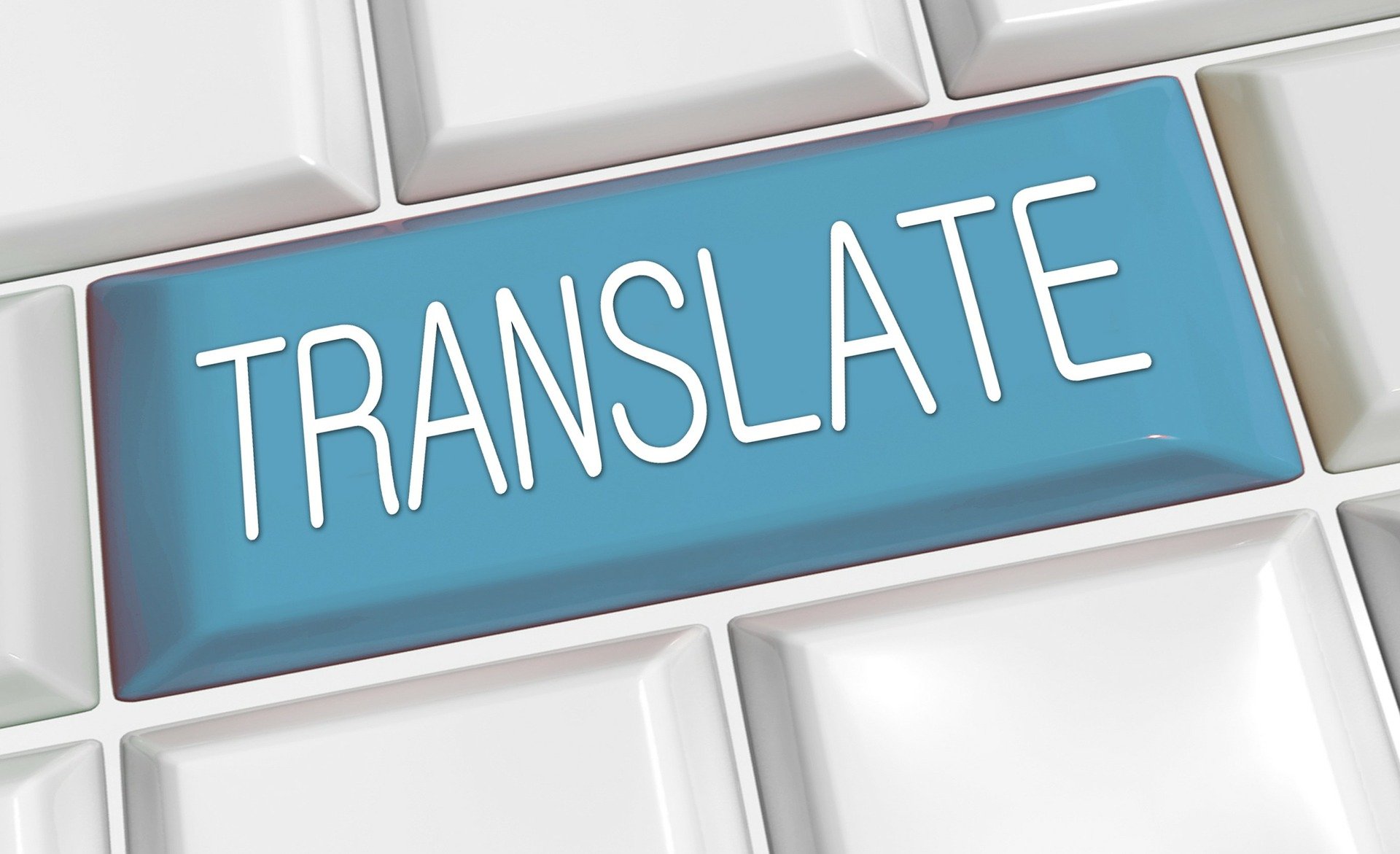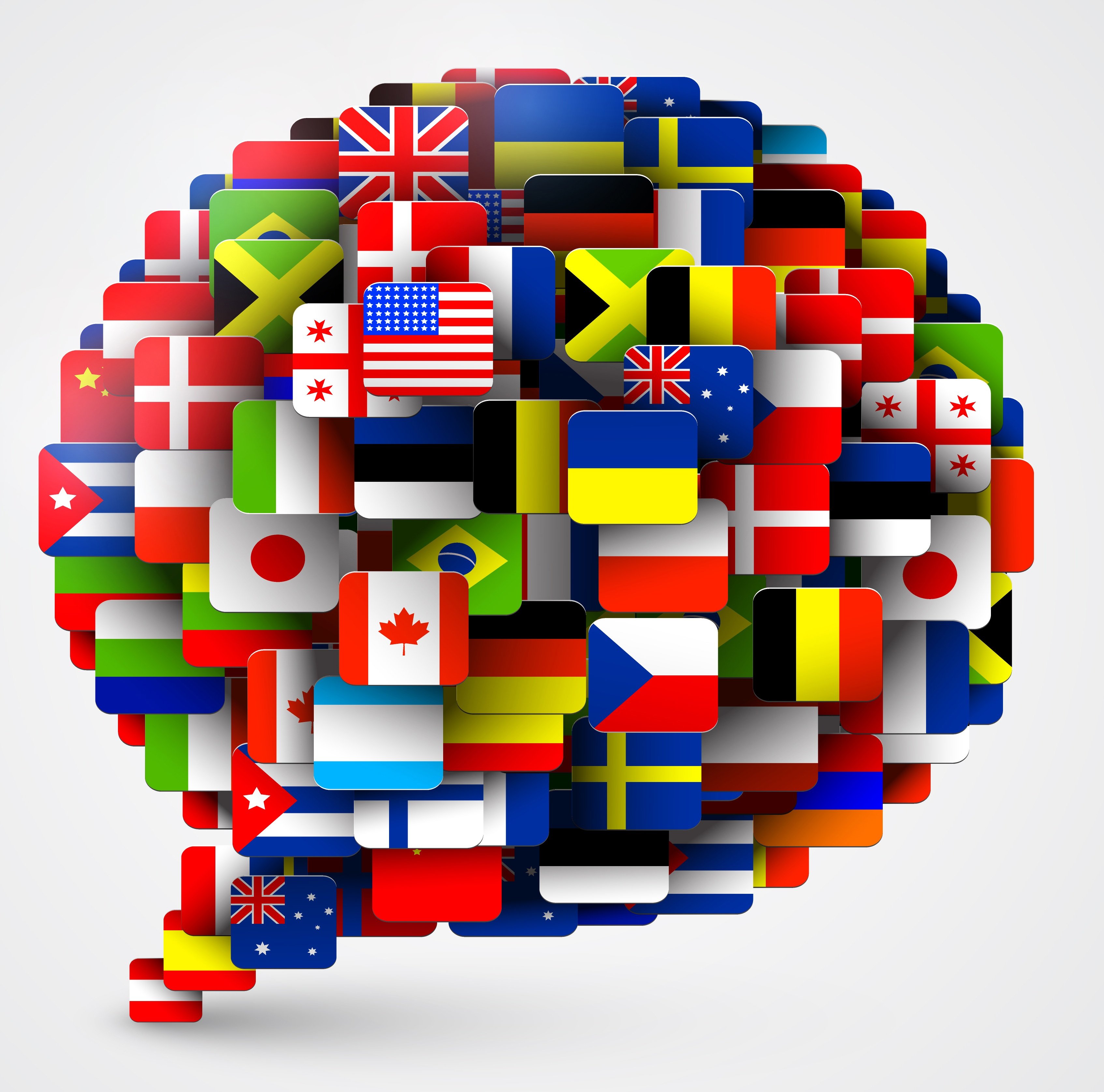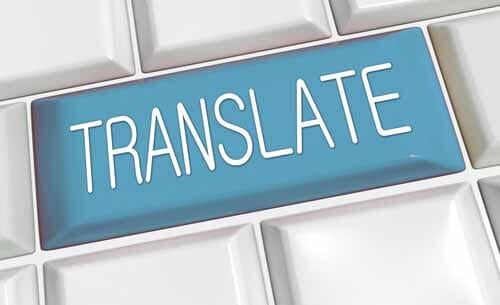Listen to Audio Version:
Let’s dispel some commonly held beliefs about translation services. We’ve heard these from multiple sources, so we decided to address some of these beliefs.
MYTH #1 - All Translators Are the Same
No two people are the same, and that also applies to translators. Professional translators distinguish themselves from other translators by:
- Going through training and completing programs where they learn how to handle special situations.
- Being fully bilingual in both the source and the target language.
- Translating only into their native language so they communicate the message in a culturally appropriate way.
- Understanding when they need to research the meaning of something and paying attention to details.
- Having (in many cases) a PhD or master’s degree in certain subjects they translate.
MYTH #2 - Translators Are Interchangeable
If you have two translators who are both good and share the same qualifications, you assume you can interchange translation projects. This is not true. Translation is like writing. The more a translator works with you or your subject matter, the more knowledge the translator gains. If you start working with a translator whose style you like, stick with that person for consistency and clarity. Even when translators are equally qualified, they are not easily interchangeable.
MYTH #3 – Translation Agencies Are All the Same
All translation companies are not the same. There are large and small agencies and niche ones, and they each specialize in different areas. As the language service industry evolves, language service agencies are starting to focus on what they're good at. For example:
- Some use crowd sources to translate. If you've got something that's confidential, you won’t want to use crowd-sourced translation services.
- Some use machine translations with a human editor. This option may be good enough in certain situations. Still, if you need a high-quality marketing translation or the content could create a liability, you want to go with an agency that provides higher-quality human translation.
- Some specialize in certain industries. These will have deep knowledge of the subject matter, understand industry-specific terminology, and keep current on what's happening in the market.
- Some specialize in interpreting services. In this case, they may be more capable of providing in-person interpretations rather than written translations. Here’s an article explaining the difference between translation and interpreting.
So, when picking an agency, it’s important to ask how qualified they are and what they specialize in rather than simply shopping on price.
(If you have not gathered yet, we provide high-quality human translations and specialize in marketing, life sciences, education, consumer products, and more!) Read more about who we work with.
MYTH #4 - You Can Save Costs Using Your Distributors for Translating
Many companies say they don't need a translator because their distributors do it for them. Keep in mind, though, that distributors may know English well enough to do business with you, but they may not know it well enough to write in the language. When they translate English into another language for you, they may take shortcuts.
Also, distributors are salespeople who may take your carefully crafted marketing message and switch it to more in a sales-focused message. If you spent time figuring out your target market and honing your marketing message, reconsider using this option. Why waste your distributors' time on extra projects when you want them to focus on getting your product into the market?
MYTH #5 - Bilingual Employees Can Do Your Translations
This one is a little tricky. Although your employees know your business well and may speak and write in another language, using them for translations may be problematic for several reasons.
- Loss in productivity. When you ask your employees to translate, you take their time and focus away from their primary job.
- Not fully qualified. Instead of being a formally trained bilingual translator, your employees may be bilingual because they took the high school course or live with foreign-language-speaking family members.
- Style discrepancies. You may have a bilingual engineer translating marketing material or a marketer translating engineering material. In these examples, the translator won’t have the knowledge, tone, and style to do the job correctly. You do not ask your engineers to write your English marketing material, do you?
- Quality control. Will your employees know how to judge the translation's quality, or is the style and grammar used appropriately (i.e., using formal terms versus colloquial wording)? A professional translator has the qualifications to do this right.
- Cost. You think you are saving costs by having your employee translate, yet consider the hidden costs of the person not doing their job, the extra time that it may take the person to get it done, and not getting it done on time since it is not the employees' responsibility, and the long-term risks by not having a professional do it. In the long run, it can cost you more money.
The best practice is to have a professional translator and editor and then ask your bilingual employee to proofread and provide input on company and industry-specific terminology, references, company specifics, or anything else that might make the material more company-specific.
MYTH #6 - Google Translate Is Good Enough for Your Needs
Google Translate is perfectly fine for helping you get the gist of an email you receive or narrowing down content to find what you are looking for in a large piece of content. However, there are so many errors that happen with Google Translate. If you ask anyone bilingual, they'll tell you story after story about what they've read on Google Translate and laugh about how much of it doesn’t make sense.
Learn why you should not use the Google Translate plugin to translate your website.
MYTH #7 - Marketing Translation Can Be Automated
No! Do not automate your Marketing translation! There are so many idiosyncrasies to good marketing. You may be using pithy words to capture a meeting, making cultural references that are inappropriate across different cultures, or using creative word choices that may not be translated correctly in automated systems. Plus, things like brand names and taglines should all be tested. Hire a professional marketing translator for anything that can affect your top-line sales.
MYTH #8 - Good Translators Never Need Editors – It Depends
If you're writing a letter to parents in a school district, you want to have a qualified translator. Schools are usually tight on budgets and have very direct communications that a good translator can handle without an editor. Yet, we recommend having an editor for longer, highly technical, or liability-exposure documents.
This is not just an extra expense. When you have two equally qualified translators, they will read through the material to make sure the meaning is precisely on point. Sometimes, things can be read in two different ways. It is the same as having an editor when you write in English. An extra set of eyes makes sure your message is accurate.
MYTH #9 - Marketing Material Cannot Be Translated, It Must Be Transcreated
Transcreation is developing culturally relevant brand content while keeping the message consistent. Standard translation may not communicate the emotional intent of the content for other cultures and languages. In transcreation, the translator takes the idea of the original content and creates new content in the target language to communicate the message.
If you write in good “Global English,” you can hire an experienced marketing translator to capture the meaning and ensure cultural references, pictures, and colors are portrayed accurately. This is particularly true for manufacturers of industrial products or B2B products/services. It is also fine for B2C companies that are beginning their translation journey and writing content in global English.
Now, suppose you are Nike and sell soccer balls around the world. In that case, you may have different creative departments working with other sports figures, logos, and colors to represent that country accurately. But, most of the time, if you start with well-written English in a global English style, you can do a straight marketing translation.
MYTH #10 - Every Word Has A Translation
All I needed to say here is “farfegnugen,” the Volkswagen tagline from 1990, which means “the pleasure of driving” in English. There are words in every language that don't have a direct, single-word translation. For example, in Chinese, there are many different characters for love depending on the type of love you are talking about: familial love, parental love, spouse love, etc. So, you need to know which is appropriate depending on the context and use. In Peru, there are many different types of potatoes, each with a different name, and the Hawaiian language has 200 words for various types of rain.
When a professional translator encounters a word like this, they will provide a translation that retains the original meaning so your message is accurate.
We’d love to hear from you about foreign words you know that have no direct translation into English. Or any other myths or questions you have about translation. Please comment below.
Rapport International specializes in multilingual communications, providing language translation and interpretation services that are accurate and culturally appropriate. We use the right voice and the correct terminology to avoid liability, customize services to your needs, and deliver on time and within your budget. With our 100% satisfaction guarantee, you can trust that it’s done right. Contact us today if you would like more information or to get a free quote.
Popular Posts
Popular industry news, interviews, technologies, and resources.

















